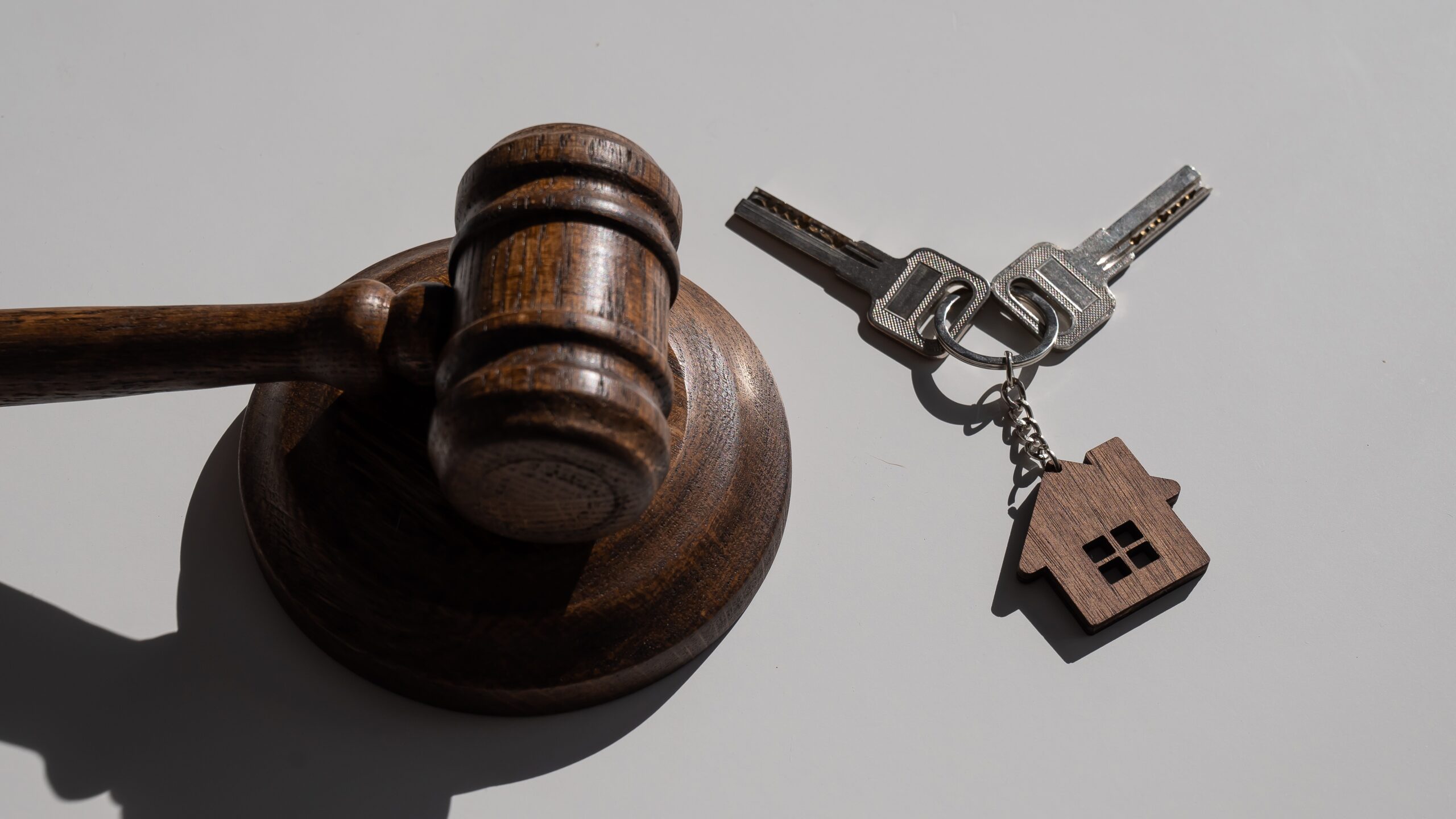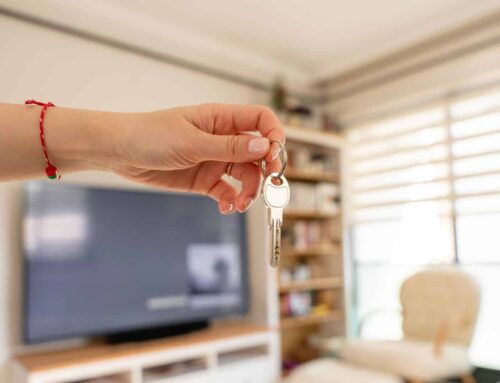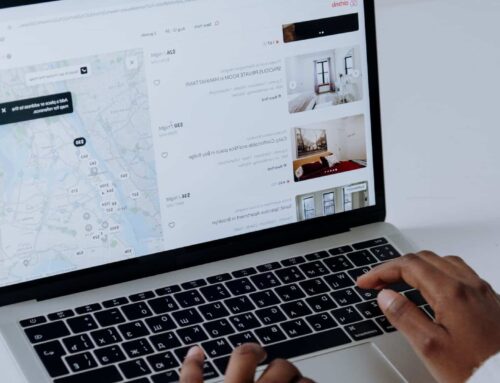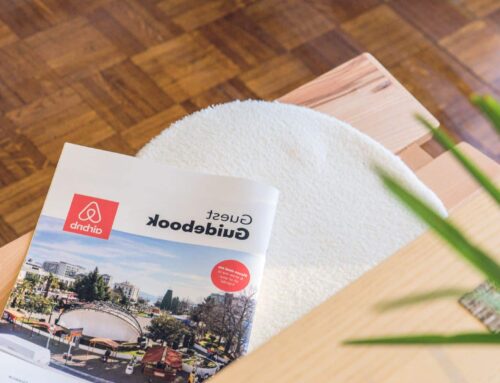Establishing Clear Expectations
Establishing clear expectations helps guests understand their responsibilities, making their stay smoother and more enjoyable. This can be effectively accomplished by creating a welcoming introduction, defining explicit house rules, and setting clear check-in and check-out times.
Creating a Welcoming Introduction
A welcoming introduction sets the tone for the guest’s stay. Start with a friendly welcome letter or house manual, thanking them for choosing your Airbnb.
Provide a brief overview of what they can expect during their stay, including key amenities and neighbourhood highlights. Setting a positive tone immediately makes guests feel at ease and respected. Personal touches, like recommending local restaurants or activities, can make the introduction more engaging.
Including a brief arrival guide in the welcome materials helps guests navigate their arrival. This can include parking instructions, key retrieval details, and Wi-Fi information. Clarity is crucial to avoid any confusion or frustration upon arrival.
Defining House Rules
Defining house rules is essential for maintaining order and protecting your property. Clearly outline expectations, such as noise levels, smoking policies, and pet guidelines. For example, state explicitly if parties or events are prohibited to prevent any misunderstanding.
Using bullet points helps present the rules clearly and concisely:
- No parties or events allowed to maintain peace and prevent property damage.
- No smoking to ensure a clean and allergen-free environment.
- Pet policies if pets are allowed, include any specific restrictions or requirements.
Include these rules in the house manual or prominently within the Airbnb listing. This ensures guests are aware of them before they book and during their stay, helping to avoid rule violations and disputes.
Setting Check-In and Check-Out Times
Setting clear check-in and check-out times helps manage guest expectations and logistical planning for the host. Specify these times clearly in your Airbnb listing, welcome letter, and house rules.
Guests want to know when they can arrive and when they must depart. Typically, check-in times range from 3 PM to 5 PM, while check-out times are around 10 AM to 12 PM. Adjust these times based on your turnover needs and cleaning schedule.
Provide detailed instructions for check-in procedures, whether using a lockbox, key exchange, or smart lock. Clarify any necessary steps they need to take before departure, such as garbage disposal or returning keys.
By doing this, you create a seamless process, minimize confusion, and ensure your property is ready for the next guest.
Outlining Specific Property Guidelines
Setting clear and specific property guidelines is essential to ensure a positive experience for both hosts and guests. Addressing noise, parking, and safety helps maintain a harmonious environment.
Noise and Neighborhood Courtesy
Specifying quiet hours is crucial to respect neighbours’ peace. Typical quiet hours might be from 10 p.m. to 7 a.m., ensuring everyone in the area remains undisturbed. Emphasize the importance of keeping noise levels down during these hours.
Inform guests of any noise curfews if the property is in a community with strict noise regulations. This can include loud music and conversations held on outdoor patios. Highlight considerations for nearby neighbours, particularly if your property shares walls with others, such as in a townhouse or apartment setting.
Parking and Amenities Usage
Outline parking guidelines clearly. Specify available parking spots and whether they are free or require a permit. Detail any street parking rules, ensuring guests know where they can and cannot park. If applicable, provide information about additional parking fees or registration requirements.
Explain how guests should use amenities like the pool, gym, or shared laundry room. Set any time restrictions or specific days when these facilities are available. If your property offers specific amenities like a grill or outdoor furniture, include instructions on their use and maintenance to avoid damage.
Safety Measures and Appliances
Safety should be prioritized. List safety measures guests need to be aware of, such as the location of fire extinguishers, first aid kits, and emergency exits. Provide instructions on operating safety appliances like smoke detectors and carbon monoxide detectors.
Give clear usage instructions for household appliances to prevent mishandling. This can include how to use the stove, dishwasher, washer, and dryer. Highlight any appliance-specific safety tips, such as not overloading the dishwasher or dryer to prevent fire hazards.
By thoroughly outlining these areas, you can create a safer, more pleasant experience for everyone involved.
Detailing Reservation Policies
Establishing clear reservation policies is essential for maintaining order and ensuring a positive experience for both the host and guests. These policies help outline expectations regarding the use of the property, guest limitations, and responsibilities during their stay.
Restricting Events and Number of Guests
To prevent any potential misuse of the property, hosts should specify restrictions on events and parties. For example:
- Events and Parties: Clearly state that events or parties are not allowed unless pre-approved by the host.
- Maximum Guests: Indicate the maximum number of guests permitted to stay to avoid overcrowding and ensure safety.
Including these restrictions in the house rules prevents unauthorized gatherings and excess occupancy, maintains the quality of the property, and ensures compliance with safety regulations.
Clarifying Smoking and Pet Policies
Smoking and pet policies are vital for maintaining cleanliness and catering to guest preferences:
- Smoking Policies: Define whether smoking is allowed within the property. If prohibited, specify designated smoking areas outside.
- Pet Policies: Clearly state if pets are allowed. If so, outline any additional fees and specific areas where pets are permitted.
Explicit smoking and pet policies help avoid misunderstandings and ensure guests know of any additional responsibilities or charges associated with these activities.
Addressing Damages and Cleaning Responsibilities
Hosts must outline guest responsibilities regarding property damages and cleaning:
- Damages: Specify that guests are responsible for any damages incurred during their stay. Detail the process for reporting damages and any associated costs.
- Cleaning Responsibilities: Define what level of cleanliness is expected upon checkout. For instance, guests may be required to take out the trash or load the dishwasher.
Making these expectations clear in the house rules helps mitigate disputes regarding property condition and ensures that the rental remains in good condition for future guests.
Hosts can set clear expectations and maintain an orderly, respectful environment by detailing reservation policies comprehensively.
Offering Guidance on Local Regulations and Additional Rules
To ensure your Airbnb listing remains compliant and provides a positive experience for guests, it’s vital to include clear guidelines on local regulations, waste management, and applicable penalties or fees.
Including Legal Issues and Local Laws
It’s essential to inform guests about local laws that might impact their stay. This includes noise ordinances that might restrict certain activities during specific hours, ensuring neighbours are not disturbed.
Review city regulations regarding short-term rentals, such as the maximum allowable number of guests, parking regulations, and required registrations or permits. Communicate these regulations to avoid any legal complications.
Include an overview of important legal issues related to privacy, such as prohibiting surveillance cameras in private areas. This promotes trust and transparency with your visitors.
Providing Information on Trash and Recycling
Effective waste management is crucial for maintaining a clean and welcoming rental property. Specify the trash and recycling guidelines to ensure guests understand how to dispose of waste properly.
Include details on which bins to use for trash, recycling, and composting. For example, provide a list:
- Trash: Regular waste
- Recycling: Paper, plastic, glass, and metal
- Compost: Organic waste
Add collection schedules and instructions on where to place bins on collection days. Clear guidance helps prevent misunderstandings and keeps both the property and neighbourhood tidy.
Communicating Penalties and Fees
Clearly stating any penalties and fees in advance can prevent future disputes. For example, specify charges for additional guests not noted in the initial booking, such as a $30 charge for each extra guest.
Detail penalties for rule violations, such as noise disturbances, and the associated fines. Mention cleaning fees for improper trash disposal or leaving the property excessively dirty.
Be transparent about any specific fees for amenities or services, like early check-in or late check-out. This clarity helps manage expectations and ensures guests know all potential costs.
Providing detailed information on regulations, waste management, and fees ensures a seamless experience for both hosts and guests.
Enhancing Guest Experience with Additional Resources
Providing guests with helpful resources is essential to ensuring a seamless and enjoyable stay. These include digital welcome books, comprehensive amenities and local services lists, and clear emergency contact procedures.
Creating a Digital Welcome Book
A digital welcome book can significantly enhance the guest experience. Platforms like TouchStay and Yoomondo allow hosts to create interactive welcome guides. These tools provide essential information about vacation rental property, house rules, and local attractions.
Hosts can include check-in/check-out instructions, Wi-Fi passwords, and appliance manuals. Adding a personal touch, like restaurant recommendations or nearby attractions, can make guests feel more at home.
Regular updates ensure the information remains relevant. This digital approach is eco-friendly and accessible from mobile devices, making it highly convenient for guests.
Listing Amenities and Local Services
Detailing the amenities offered at the rental property and providing information about local services can elevate the guest experience. Clearly listing amenities, such as kitchen appliances, laundry facilities, and entertainment options, helps set expectations and avoid surprises.
Creating a section for local services can include contact information for nearby pharmacies, grocery stores, and medical facilities. Mentioning local attractions, like parks, museums, and restaurants, encourages guests to explore the area.
Including maps and guides can be particularly useful. This information can be placed in a digital welcome book or a physical guest book in the rental property.
Establishing Emergency Contact Procedures
Clear and accessible emergency contact procedures are crucial for guest safety. Hosts should provide contact information for themselves, local emergency services (police, fire, medical), and any property managers or maintenance personnel.
Including this information in both the digital welcome book and a physical guest book ensures guests can quickly find help if needed. Detailed instructions on what to do in case of an emergency, such as nearest hospitals or emergency exits, can save precious time during a crisis.
Every rental should have a list of emergency contacts and procedures prominently displayed within the property, ensuring guests know exactly where to turn in an emergency.







